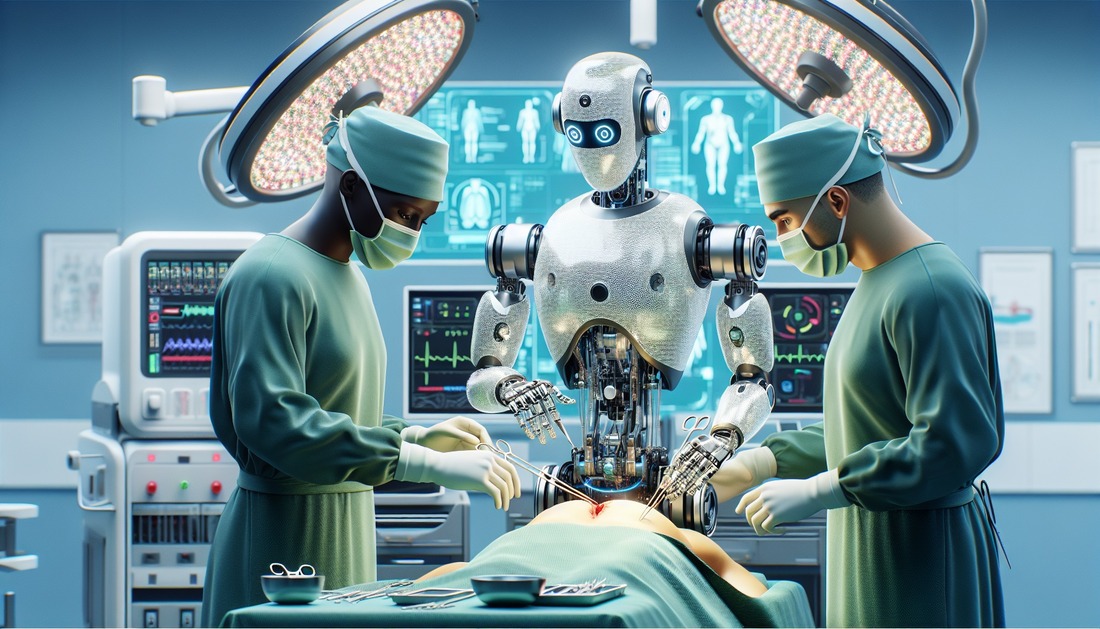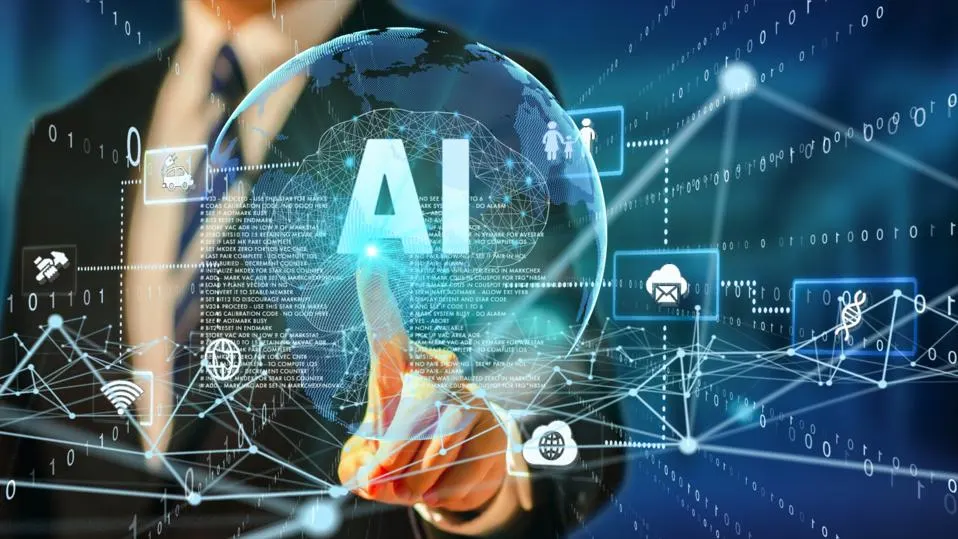Artificial intelligence-powered analytics and predictive models are revolutionizing financial risk management frameworks. They allow for quicker identification of risks and creation of responses than manual analysis could. One clearing broker utilizes AI to constantly analyze market data and client positions for margin calls, flagging risky accounts and optimizing collateral allocation so their firm doesn’t run …
The financial industry stands at a pivotal moment. Traditional credit scoring methods, which have dominated lending decisions for decades, are giving way to artificial intelligence-powered systems that promise to revolutionize how we assess creditworthiness. AI credit scoring represents more than just a technological upgrade—it’s a fundamental shift toward more inclusive, accurate, and efficient lending practices. …
Robotic surgery powered by artificial intelligence (AI) transcends the realm of science fiction; it is revolutionizing the medical field, delivering precise, efficient surgical experiences and improved patient outcomes. With advances in AI algorithms and more intuitive control of robotic equipment, the operating room of the future promises to reduce human error, shorten recovery times, and …
Green tech solutions are an integral component of business strategies that aim to reduce energy use and waste, reduce carbon footprints, and increase sustainability. Yet implementing such solutions may present several obstacles. Explain how green technologies contribute to a sustainable future by reducing greenhouse gas emissions, conserving natural resources, and minimizing waste. Present pertinent statistics …
The banking industry has changed dramatically since the days when you had to stand in line and fill out paper forms. Customers today expect tailored, seamless financial services that are instant and understand their needs. Artificial intelligence transforms how banks interact and deliver personalized experiences to their customers. This innovation is more than a technological advance. It’s …
The rise of AI-powered robo-advisors has transformed investment management. These digital platforms rely on sophisticated algorithms to offer automated investment advice and services for portfolio management that were previously only available to wealthy clients who had human financial advisors. Robo-advisors democratize investment management by combining artificial intelligence and modern portfolio theory. They also make professional financial planning …
Predictive analytics has enabled businesses to become more efficient, responsive, and customer-centric. But their implementation presents its own set of difficulties—from data privacy concerns to algorithmic bias issues. Successful predictive analytics projects require careful planning and execution. Companies must focus on setting out clear use cases with measurable outcomes, as well as invest in agile …
Smart logistics solutions change the way supply chain operations are run by introducing technologies that make processes more efficient, faster, and more reliable. These solutions combine automation, artificial intelligence, and big data analytics with the Internet of Things in order to optimize the flow of products from suppliers to consumers. Smart logistics allows businesses to improve their …
The financial services industry finds itself at a pivotal technological juncture. Two groundbreaking technologies—artificial intelligence and blockchain—are reshaping how we think about money, transactions, and financial services. These innovations aren’t just buzzwords; they’re driving real change that affects everyone from individual consumers to multinational corporations. Understanding their combined impact reveals why FinTech companies are racing …
Intelligent customer service solutions are transforming the way businesses interact with their customers. They are making the support experience faster, more targeted, and more efficient. Thanks to advances in artificial intelligence, automation, and data analytics, businesses can now anticipate customer needs, resolve issues before they arise, and maintain strong customer relationships. These solutions go beyond …










